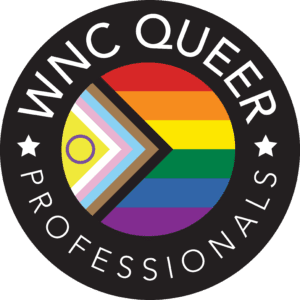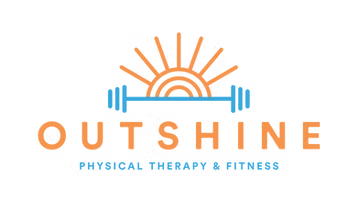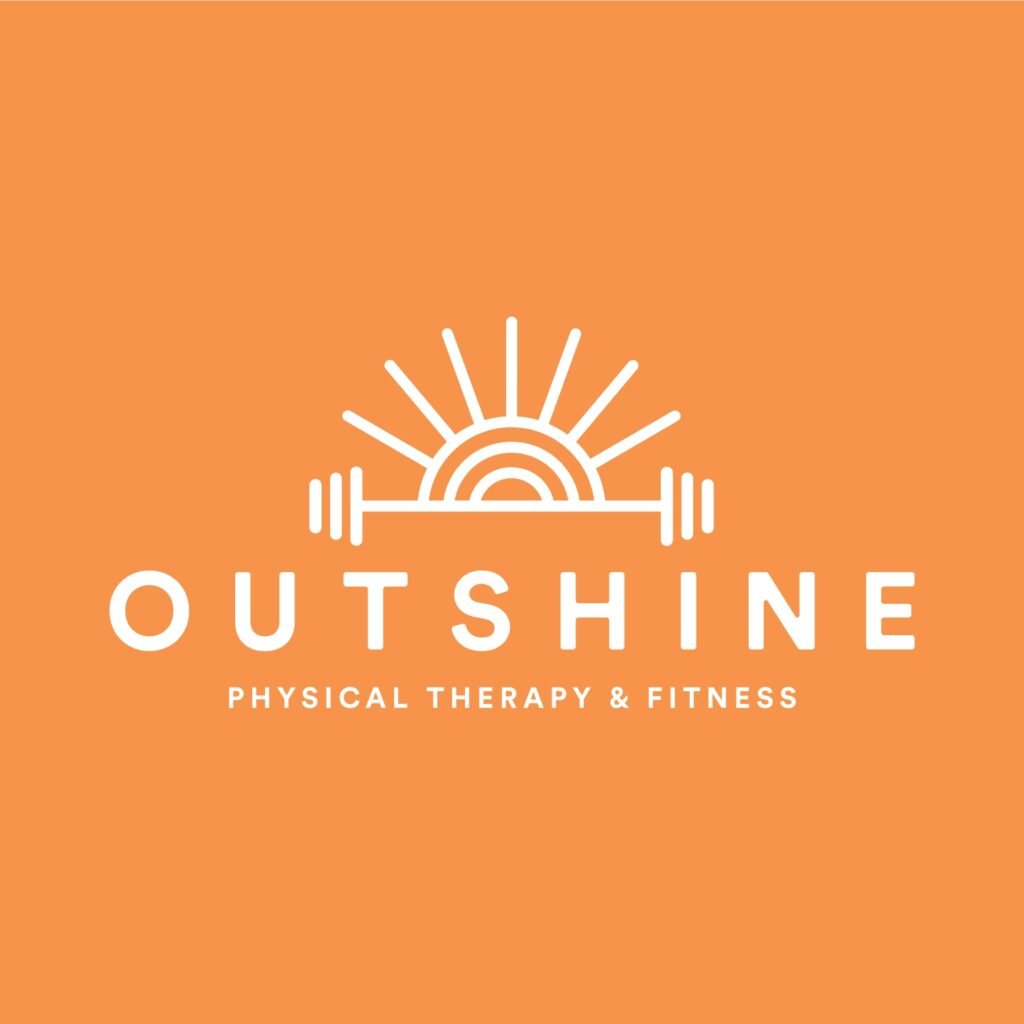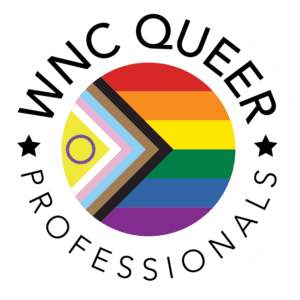Meet Dr. Maggie Parker, Physical Therapist
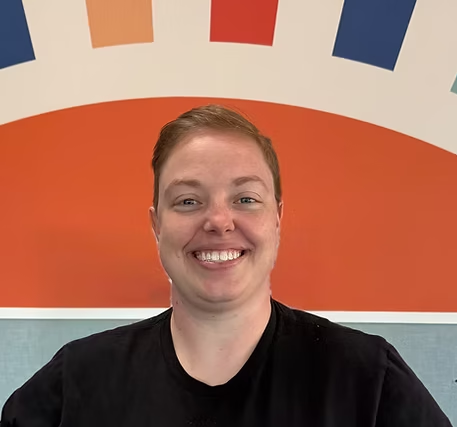
Meet Dr. Maggie Parker (she/they) of Outshine Physical Therapy & Fitness
We’re excited to introduce Dr. Maggie Parker (she/they), a dedicated and compassionate physical therapist serving the Western North Carolina community. At Outshine Physical Therapy, Maggie specializes in personalized rehabilitation and movement optimization for active adults. She is certified in dry needling and integrates this advanced technique—along with a range of other therapies—to support recovery, reduce pain, and enhance performance. With a warm, client-focused approach and a deep love for helping people feel their best, Maggie is committed to empowering individuals on their wellness journey. Read on to learn more about her background, approach, and what fuels her passion for physical therapy.
Can you tell us a bit about yourself and your professional background?
I’m Dr. Maggie Parker (she/her), a Doctor of Physical Therapy based in Asheville, NC. I work at Outshine Physical Therapy and Fitness, where I specialize in injury prevention, rehab, and performance support for active adults and athletes. I’m especially passionate about creating affirming, accessible care for women, non-binary folks, and the queer community. I’m listed on the LGBTQ+ healthcare provider directory and am committed to creating spaces where queer, trans, and gender-diverse folks feel safe and supported in their care.
What inspired you to pursue your current career or business venture?
I tore my ACL playing club ultimate frisbee in college. That experience sparked my fascination with how the body heals—and how physical therapy can change someone’s life. I wanted to be the kind of provider I wish I’d had: someone who listens, who sees the whole person, and who helps people get back to doing what they love without judgment or barriers.
How has being a queer professional influenced your career path and experiences in the workplace?
Being queer has helped me show up with more intention and authenticity. It’s made me hyper-aware of how healthcare spaces can feel—who they’re built for, and who gets left out. My identity pushes me to advocate for more inclusive practices, ask better questions, and be more present with each person I treat. It’s also made me more courageous about taking up space and being visible for others.
What challenges have you faced as a queer professional in Western North Carolina, and how have you overcome them?
One of the more personal challenges has been being misgendered in professional spaces—sometimes repeatedly, even after correcting it. It’s a reminder of how far we still have to go in building truly inclusive workplaces. It can be exhausting to have to choose between correcting someone again or letting it slide to keep the peace. I’ve learned to set gentle but firm boundaries, and I’ve also come to value environments where I don’t have to explain myself. I’ve found strength in being visible and vocal, not just for myself but for others who may not feel safe doing so yet. And I’ve surrounded myself with a community of affirming colleagues, friends, and patients—people who see me, respect me, and help create the kind of culture we all deserve.
What accomplishments are you most proud of in your professional journey?
I’m incredibly proud of the day-to-day work—those moments when a patient tells me they finally feel safe in a healthcare setting,or when someone returns to a sport or activity they love after injury. I’m also proud to be listed on the LGBTQ+ healthcare provider list and to serve as a trusted, affirming resource in our community. One special honor was receiving the Elon University Rising Alumnx Award for Service following my work supporting recovery efforts after Hurricane Helene. That recognition was deeply meaningful—it reminded me how healing and advocacy are connected, and that showing up in moments of crisis matters.
What advice would you give to other queer individuals looking to advance in their careers or start their own business?
Your identity is a strength. Don’t dull your light to fit into a space that wasn’t built with you in mind—create or seek out the ones that are. Build relationships with people who get it, who lift you up, and who know the power of mutual support. And remember: being visible, when it’s safe for you, can be healing not just for others—but for yourself too.
How do you stay connected and engaged with the queer community in Western North Carolina?
I stay engaged by showing up—in every sense of the word. I participate in QHaul events, attend local sports games, table at the Pride 5K, and celebrate at Asheville Pride. I make it a point to support other LGBTQ-owned businesses and collaborate with queer-led initiatives whenever I can. Whether I’m volunteering, cheering on a friend, or just being present in shared spaces, I believe visibility and community care go hand in hand. These moments of connection remind me that our strength is in how we show up for one another.
Can you share a particularly memorable or impactful experience you’ve had as part of this business networking group?
The most memorable moments are always the quiet ones—someone sharing their story, feeling seen, or realizing they’re not alone. One that stays with me is working with a young trans patient who had bounced between providers without ever feeling truly safe. They told me this was the first space where they felt comfortable enough to actually talk about what was going on in their body. Once they were met with care and understanding, we could finally make progress—not just physically, but emotionally. They started to open up, trust the process, and reclaim their relationship with movement. That’s the kind of impact inclusive, affirming care can have—and it’s why this work means so much to me.
What are your future goals or aspirations, both personally and professionally?
Professionally, I want to continue growing my expertise in sports rehab and injury prevention—especially for women, non-binary, and queer folks who often get overlooked. I’m also passionate about supporting people through perimenopause, helping them feel strong, informed, and empowered in their bodies during a time that’s often misunderstood and not spoken about. I want to help people age healthfully, stay active, and maintain strength and independence through every life stage. Personally, I’d love to travel more, build a joyful life with my wife, and stay rooted in movement and community.
How can the members of our networking group support you and your endeavors?
Honestly, the best support is staying connected and thinking of me when someone says, “I’ve got this weird pain, but I don’t want to stop doing what I love.” Referrals are always appreciated, but I’d also love to hear from folks about workshops you’d want to see us host, collabs or pop-ups we could do together, or ways we can bring more inclusive wellness into our shared spaces. If you’ve got an idea for a partnership or a fun event—let’s make it happen!
What role does the local community play in your success, and why do you believe buying local matters?
The local community is truly the heartbeat of what we do—especially since we’re an out-of-network practice. Word of mouth, showing up at events, and building real connections are how people find us and feel safe walking through our doors. Buying local means backing businesses that actually reflect your values and your neighbors. When you support a queer-affirming, womxn-led wellness practice, you’re not just getting great care—you’re helping shape a stronger, more inclusive community.
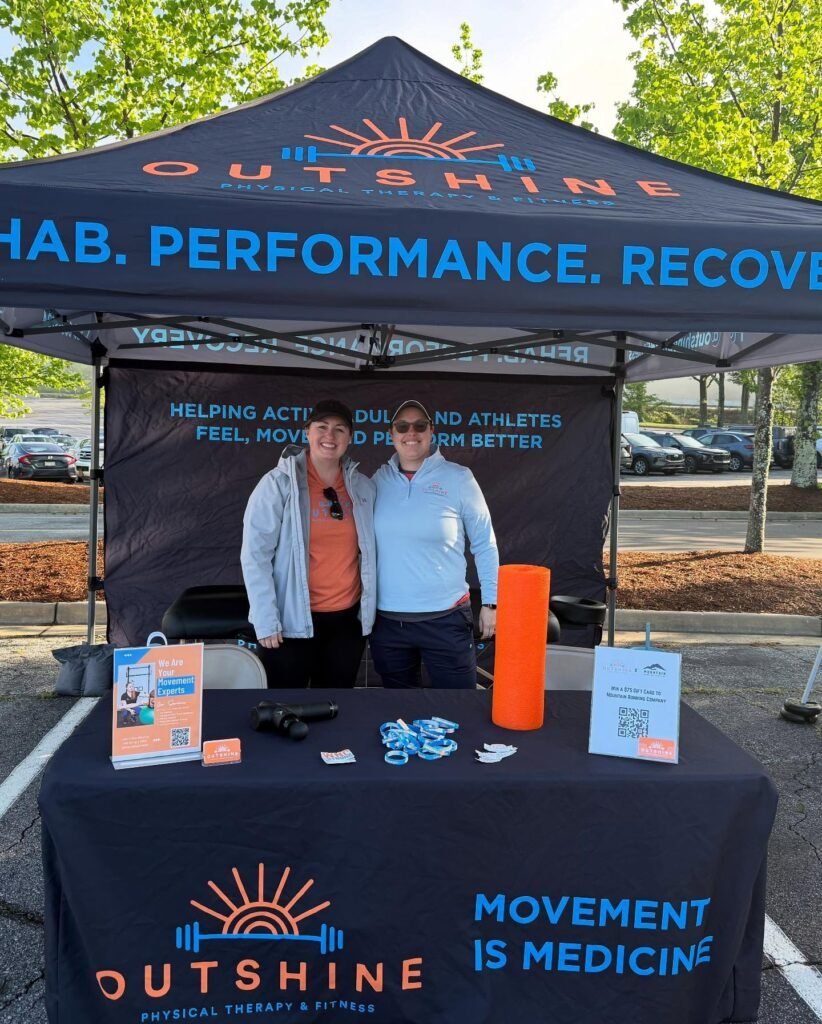
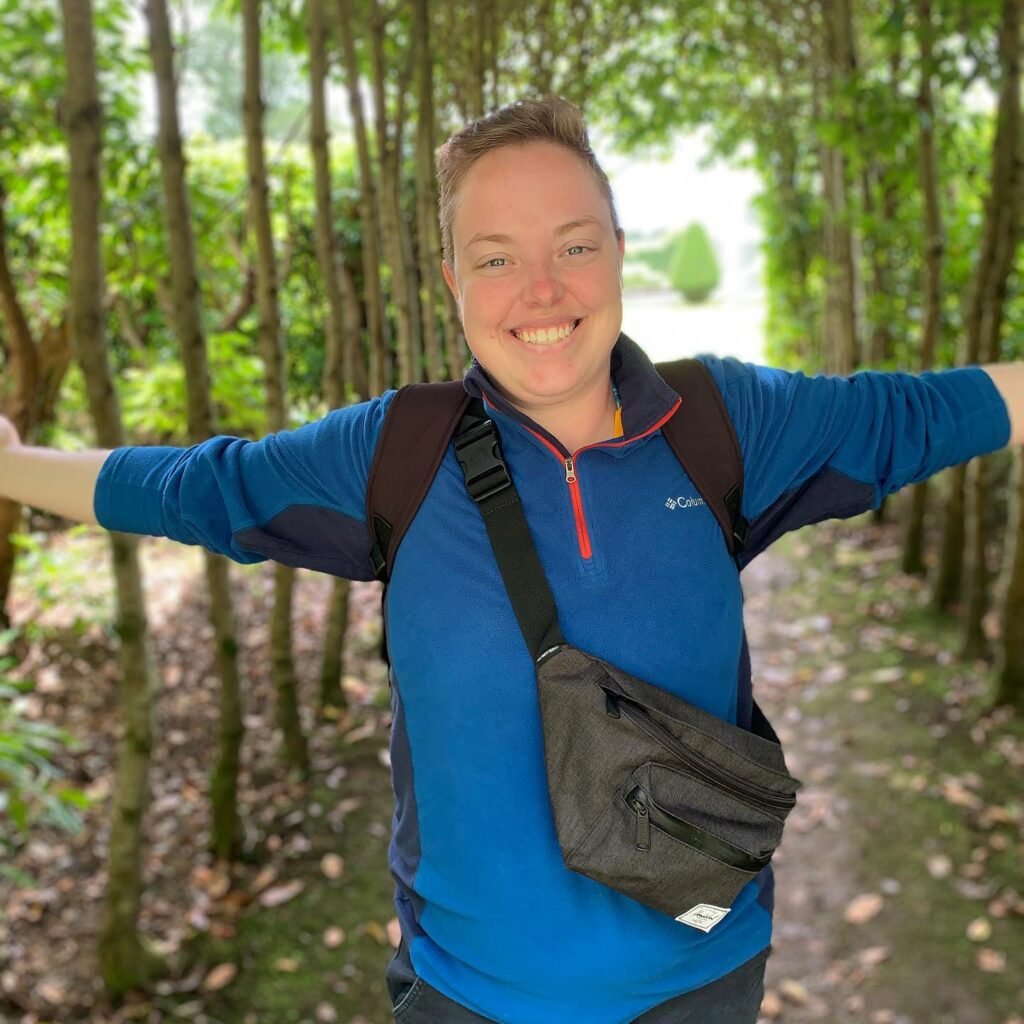
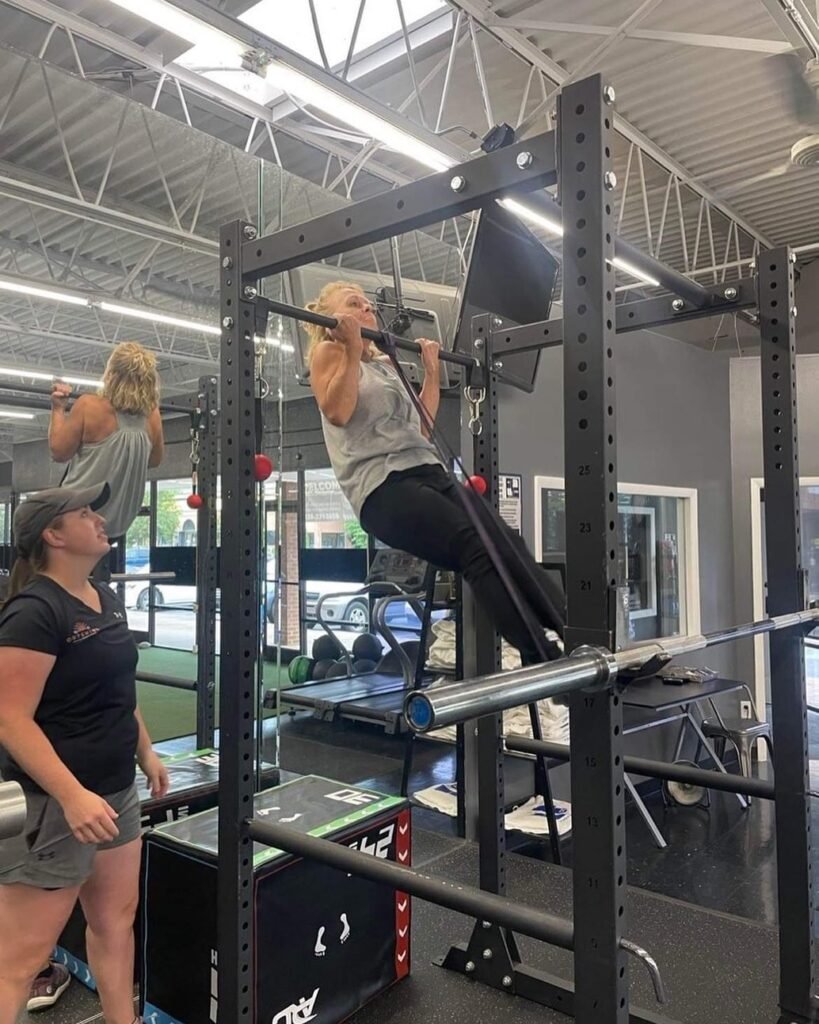
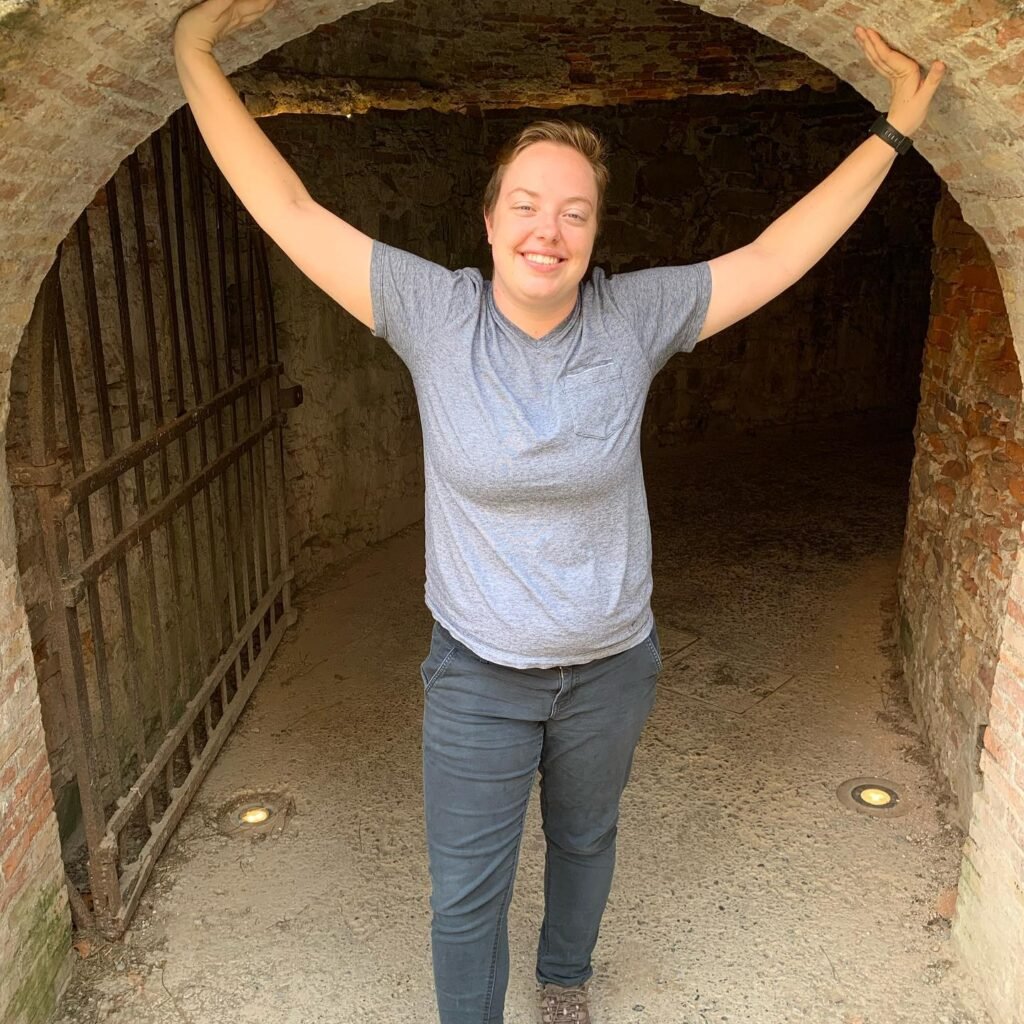
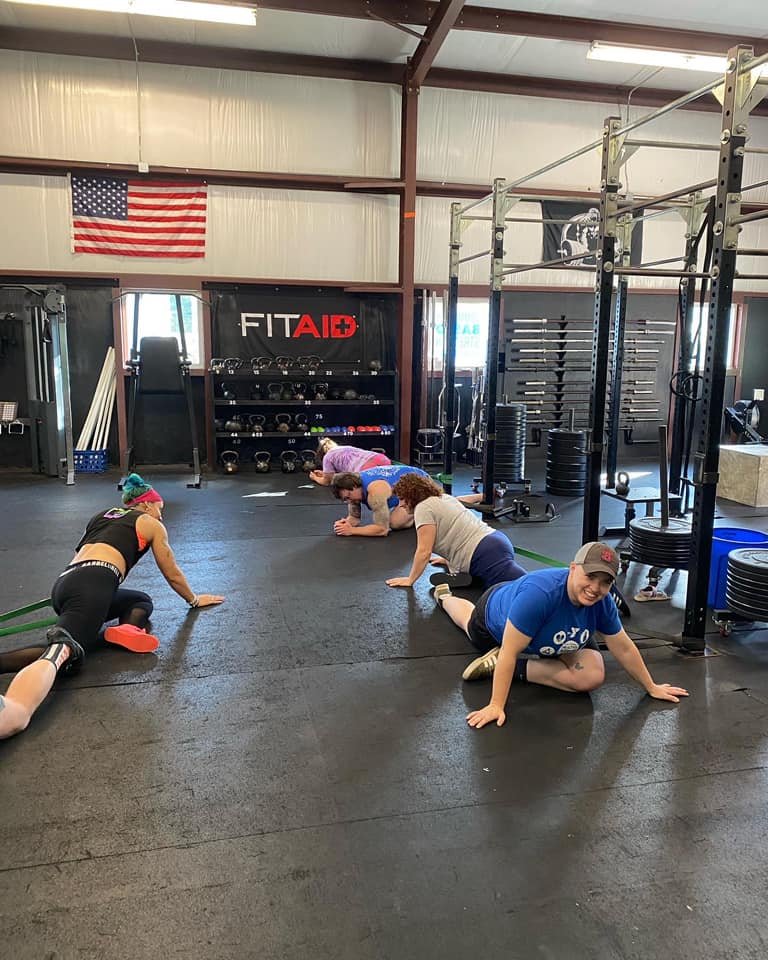
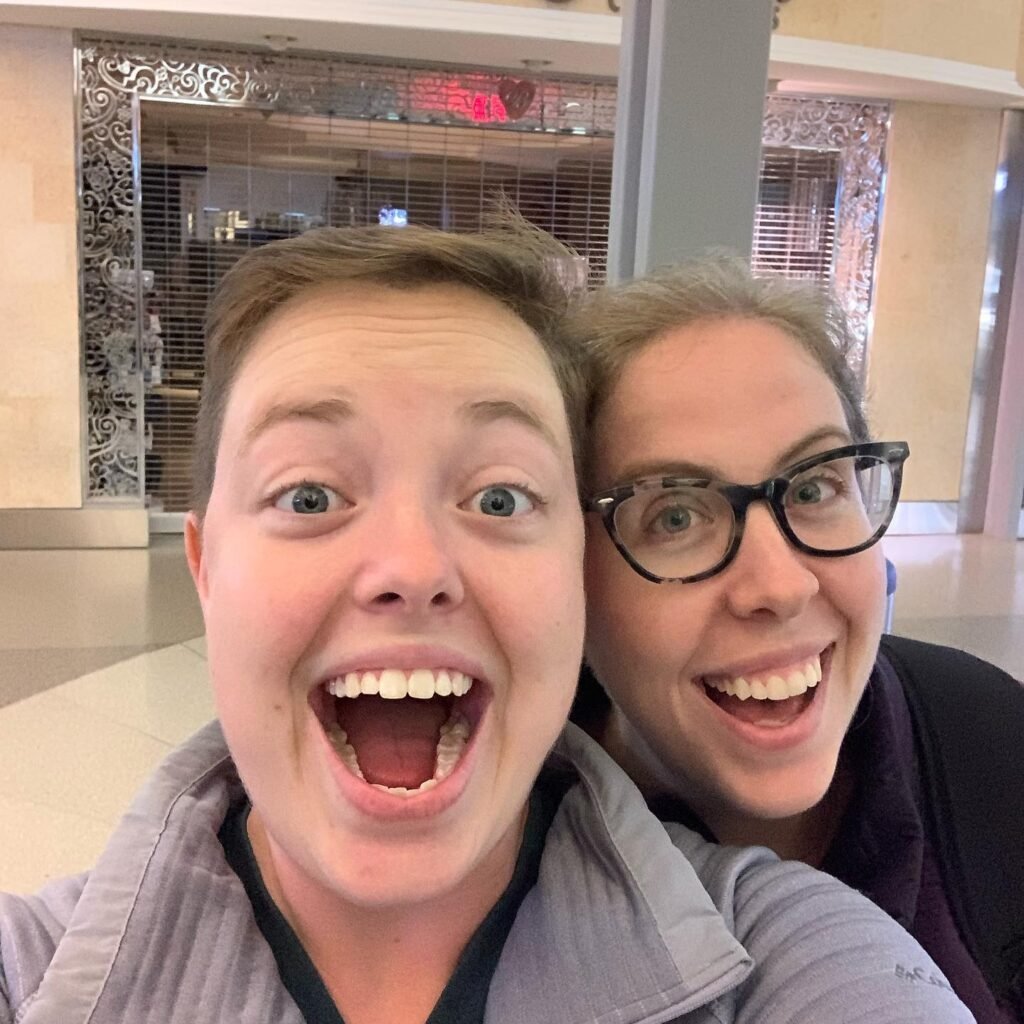
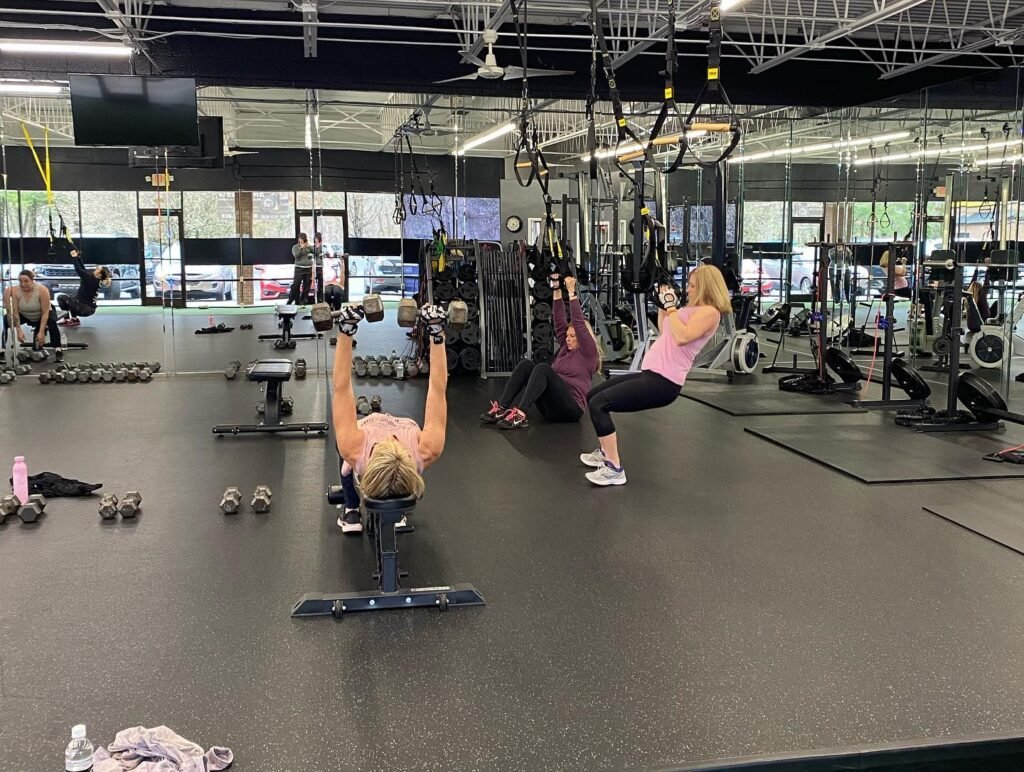
Don’t Stop Exercising Due To Pain.
Contact Dr. Maggie Parker So You Can Get Back Out There. Pain-Free.
Dr. Parker specializes in helping active adults and athletes feel, move, and perform better with a comprehensive, 1-on-1, fitness forward approach to rehab and performance.
Dr. Maggie Parker (she/they)
Physical Therapist, Certified in Dry Needling
Outshine Physical Therapy & Fitness
100 District Drive #214 Asheville, NC 28803
Phone: 828.808.3704
Email: maggie@outshineptandfitness.com
Website: outshineptandfitness.com
